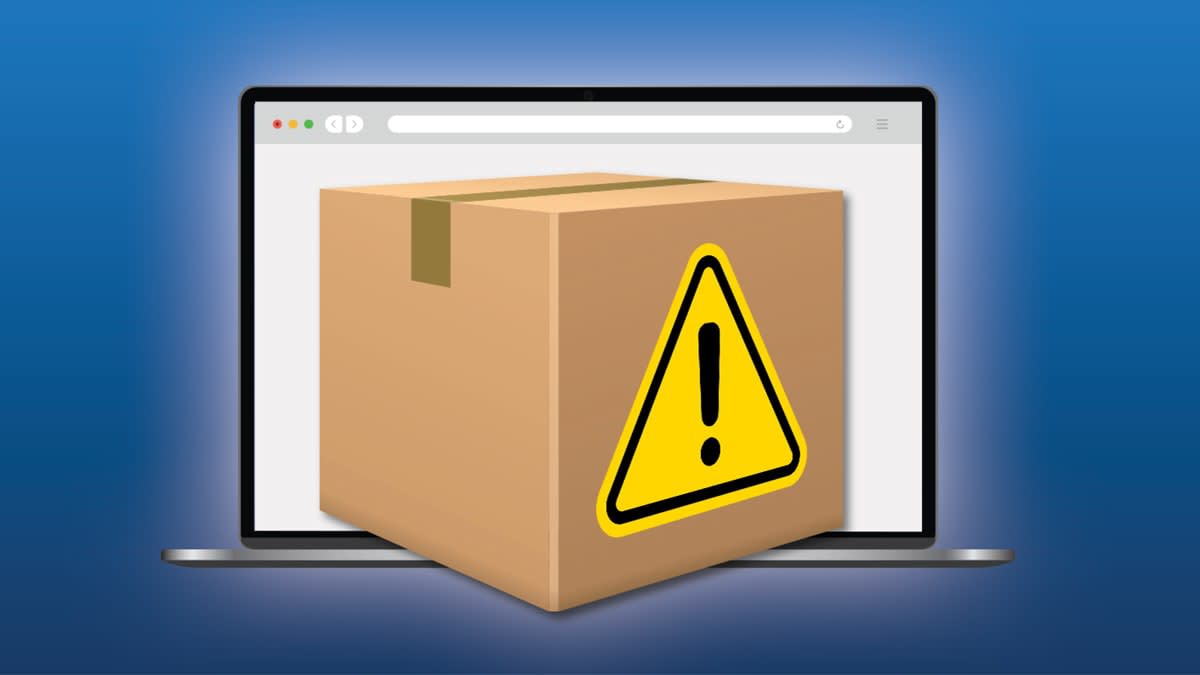Online Retailers Not Responsible for Safety of Many Products

Online marketplaces have generally made two arguments about why they shouldn’t be held legally responsible for goods sold by third parties. One relies on Section 230 of the Communications Decency Act of 1996, which protects online services from liability for the content their users generate. That means Facebook, for example, generally can’t be blamed by someone who is defamed by a user on the social media site.
But in a California case in which a woman was allegedly burned by a faulty laptop battery, for example, Amazon argued that Section 230 should protect it from a product liability claim. A state appeals court ultimately disagreed, saying it was Amazon’s role in getting the battery to the plaintiff that mattered, not the content of the product listing it published.
CR manager of safety policy Shin, who co-authored the new report, agrees with that decision. “Extending Section 230 protections to physical products sold online was never the intent of the law,” she says.
The other key argument marketplaces use to fend off liability is that they don’t “manufacture,” “distribute,” or “sell” products that third-party vendors market on their platforms, as those terms have traditionally been defined. Instead, they purport to be neutral intermediaries, like a delivery service or “logistics provider,” which the law does not hold responsible for hazardous products.
Again, some courts have agreed with that argument. But a growing number of them, as well as some federal regulators, are rejecting it. In its July 2024 ruling about the pajamas, CO₂ detectors and hair dryers, for example, the CPSC determined that Amazon is indeed a distributor under the relevant law, noting “Amazon’s argument that it is merely a ‘third-party logistics provider’ misrepresents the far-reaching control Amazon exercises in its Fulfilled by Amazon program.” (Amazon says it will appeal the decision.)
In the laptop battery case, the California appeals court emphasized Amazon’s deep involvement in and control of the stream of commerce in deciding to hold it liable. Noting that the Fulfillment by Amazon program involves warehousing, packing and delivering products, conducting all communications with customers, receiving payment, handling customer service, and managing returns, the court dismissed the debate over terminology as beside-the-point semantics. “Whatever term we use to describe Amazon’s role, be it ‘retailer,’ ‘distributor,’ or merely ‘facilitator,’ it was pivotal in bringing the product here to the consumer,” it wrote.
Source link











